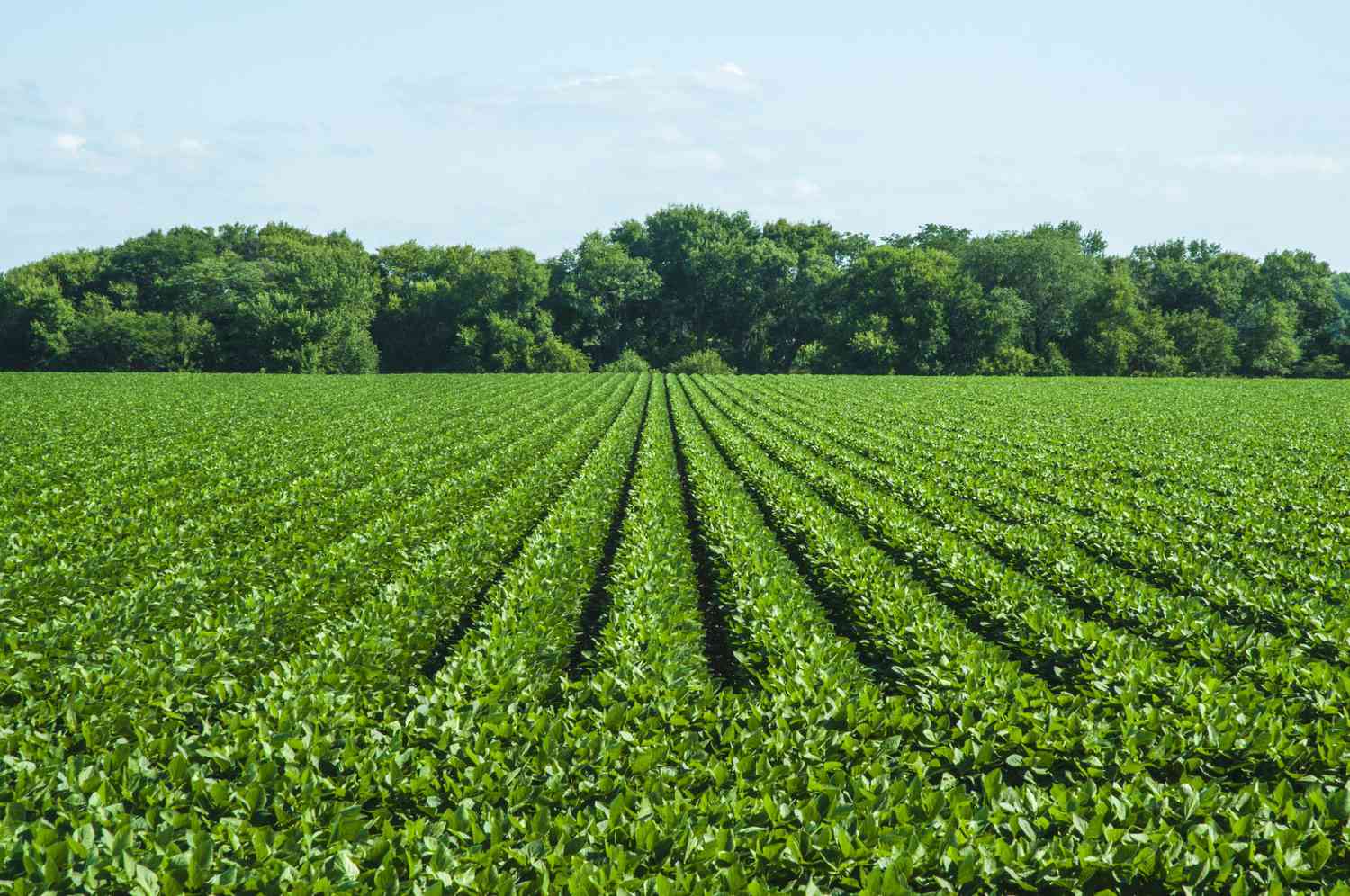Covid-19 brings out the resilience of Kenya’s flower industry

Baiju Kantaria is a Director at Elgon Kenya Limited.
By Baiju Kantaria, Director at Elgon Kenya
Last year at the height of COVID-19 the Kenya flower industry was grappling with a cocktail of threats that had taken a toll on production including tough weather conditions, pests attacks and limited cargo space occasioned by the impacts of the pandemic that saw a skyrocketing of cargo space costs.
The heartbreaking images of flower farm workers harvesting flowers and dumping them as lockdowns and cancellation of flights took effect are poignant reminders of the fragility of the sector to global shocks that saw the flower market contract to an estimated $29.2 billion in 2020, representing a 6.2 per cent decline from 2019. Industry players say this remains the worst experience yet, in the history of the flower industry.
In key markets like Europe that account for close to 70 percent of Kenya cut flower exports, the Covid-19 induced restrictions slashed daily orders by half putting tens of thousands of jobs on the line and robbing the country of the much needed foreign exchange earnings.
Government, working with industry players including the Kenya Private Sector Alliance, the Kenya Flower Council, the Fresh Produce Exporters Association and national carrier Kenya Airways mooted a plan to convert passenger planes into cargo freighters to keep our fresh markets supplied. This remains one of the best multisector responses to a global crisis ever seen in the country.
Reports indicate that due to these efforts, Kenya produce was available in the supermarkets at a time it was desperately needed leading to retention of markets and gaining new ones. These efforts were greatly butressed by an initiative dubbed Caravan of Hope which saw flower growers through the Agriculture Sector Network, KEPSA, KFC and Kenya Airways donate flowers wrapped in sleeves signed by President Uhuru Kenyatta with a message: It is exactly at moments such as this that we must display our humanity, perseverance and hope. Whatever the adversity, no matter the foe, we shall triumph together. We stand united. Tuko Pamoja. From Kenya with love. The flowers went to hospitals and care homes in the UK, a gesture seeking to show solidarity with healthcare workers as the first-line Covid-19 attack. Covid-19 healthcare care centres in the country were the first to receive the bouquets.
Provision of car stickers to vehicles transporting flowers to operate past curfew hours and government’s speedy action in processing permits and exports equally played a huge role in supporting the sector.
With increased easing of restrictions and as global markets reopen, the sector is bouncing back with production and exports now almost at their pre-COVID levels.
A November 2020 report by the Central Bank of Kenya assessing the extent of recovery in the flower sector indicated that improved cargo space and reopening of key export markets had contributed to a boom in demand as export orders for the four months, from November, recorded a sharp increase despite concerns and uncertainty over the second wave of the virus and possible lockdowns.
That demand was aptly exemplified by the remarkable number of orders experienced during this year’s Valentine’s Day. While the sector hasn’t fully recovered, and in the wake of new restrictions in key markets especially in Europe, exporters have expressed satisfaction with the sale this year.
But the industry continues to struggle with capacity constraints that have seen limited supply or an increase in cargo costs as demand grows. Sector players have always insisted that while they are able to produce to market demands they grapple with scarcity of freight.
The government has been working to correct the situation by allowing Ethiopian national carrier Ethiopian Airlines to offer weekly cargo freighters to cover the oversupply that Kenyan national carrier is unable to handle. This intervention saw Ethiopian ship 1,600 tonnes from Nairobi during Valentines season which has bolstered the growers’ earnings.
And in a world’s first, Kenya Airways recently unveiled the repurposed Dreamliner 787 that is now set to carry cargo as the airline looks to address the growing cargo demand while finding alternative revenue streams in the wake of depressed earnings from passenger travel. With the increased flight capacity and the converted freighter, capacity is billed to grow by up to 40 per cent.
It will take time for the flower industry to fully recover from the knock on effects of the virus. The sector is jittery about the uncertainty of the emerging strains of the virus and their implications. The good news is, despite the Covid-19 scare, players agree the worst could be over . The 2020 challenge has demonstrated that these hiccups can be addressed and it takes unity of purpose to rescue a sector that offers a lifeline to millions of households and our economy.








